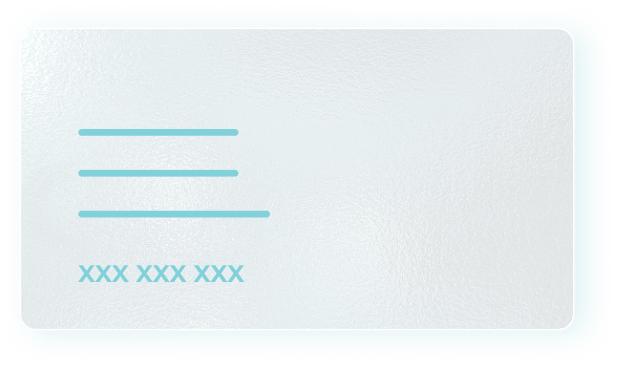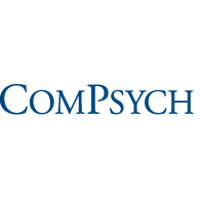
When a person meets the criteria for a substance use disorder (SUD), a medical condition defined by uncontrollable use of substances despite the negative consequences, and they are also diagnosed with one or more additional mental disorders, this is called having co-occurring disorders or a dual diagnosis.
SUDs often co-occur with other mental disorders, however, this does not mean that one caused the other. It’s often difficult for clinicians to establish which came first, or even why both disorders occur in the first place. However, research shows that one disorder can influence and, in some instances, cause the other. They also can have a bidirectional relationship, meaning they can each influence or worsen the course of the other. The Substance Abuse and Mental Health Services Administration suggests that an integrated treatment approach that addresses SUDs and other mental disorders concurrently can improve outcomes and quality of life for people with co-occurring disorders. This is exactly what we do at Crosspointe recovery.



























